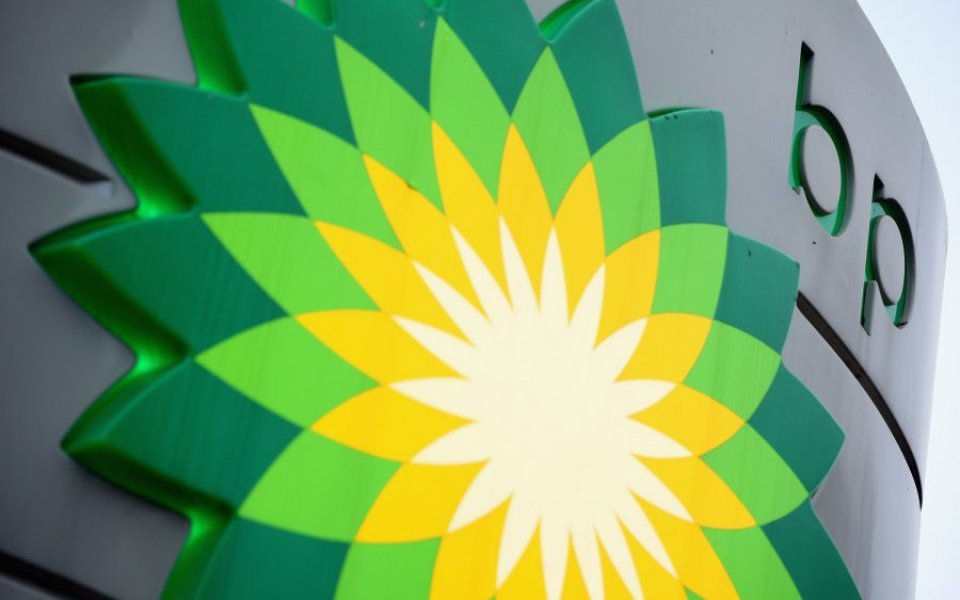BP’s chief economist Spencer Dale: Oil price volatility could be consigned to history

BP’s chief economist, Spencer Dale, has said that the violent price swings which have historically riled oil markets could become a thing of the past.
Dale believes the newer, nimbler US shale gas industry will change how oil markets behave over the next 20 to 30 years.
"What we know from history is that the oil market takes an awful lot longer to adjust to supply shocks than it does to cyclical demand shocks," he told BP's in house magazine.
"Interestingly, though, US shale is far more price responsive, because a producer can set themselves up and start drilling very quickly. Moreover, if the price falls it's a lot easier to reduce production. Consequently, the supply features of the oil market are changing and over the next 20-30 years, price volatility might fall as a result."
"This contrasts with the past in which volatility in prices was a feature of a market in which both demand and supply were relatively insensitive to price, because you need to put petrol in your car every day and it is not easy for the conventional industry to simply turn off the taps."
Read more: BP reveals worse-than-expected $2.2bn fourth quarter loss on back of falling oil prices
Brent crude, the global benchmark, has tumbled around 70 per cent over the last 18 months. This has forced oil companies to radically overhaul their business strategies by making deep cost cuts, and even layoffs. The fallout was evident in BP’s results, with the oil major recording a replacement loss of $2.23bn (£1.53bn) in the fourth quarter, up from $969bn.
But this isn’t the first time Dale has had to navigate particuarly turbulent financial markets. He was sitting on the Bank of England’s monetary policy committee when it had to deal with the global financial crisis in 2008.
Describing this time as "horrendous", he said: "l led the team that designed and implemented quantitative easing. People say it must have been exciting, but it was scary.
"Our job was to stabilise the economy that risked imploding."
"We cut interest rates to zero by February of 2009, starting in September 2008, so we had run out of normal conventional policy within seven months, and were into completely unknown territory really quickly. You learn a lot in a crisis."